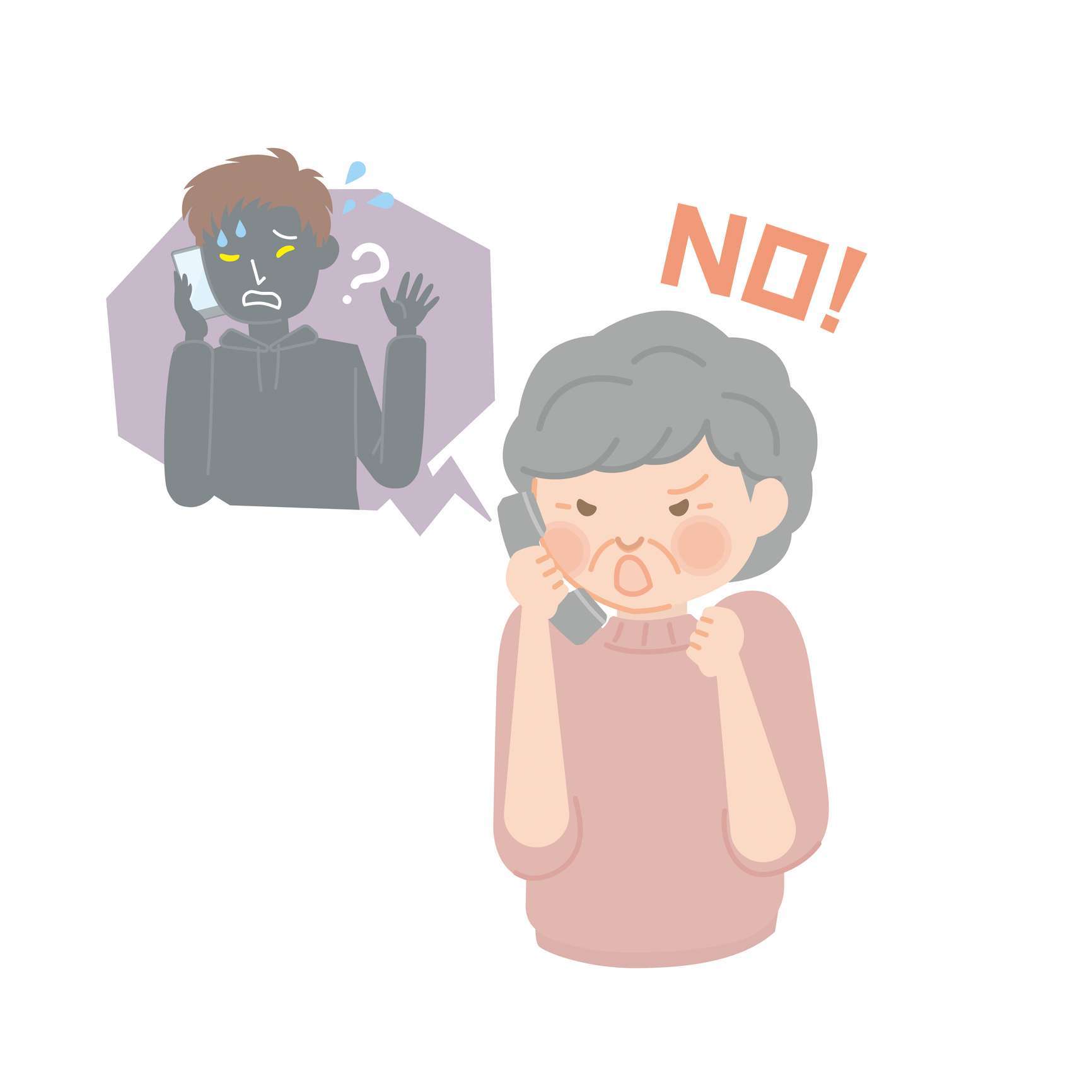
Medicare Communications and Marketing Guidelines (MCMG)
Regulations: 42 C.F.R. §422, §423, and §417
Areas of Concern – Help Stop Medicare Abuse
- Marketing to people with limited English proficiency
- Excessive marketing to low-income beneficiaries year round
- Saturation of TV ads and infomercials
- Misinformation from and/or outsize influence of providers
- Unsolicited contacts: claiming that someone else recommended contacting them
What are the Medicare Permission to Contact Guidelines?
Solicited versus Unsolicited.
This section will explain the difference between what is considered a solicited and an unsolicited contact and how an agent can compliantly market.
Unsolicited Contact: The Center for Medicare and Medicaid Services (CMS) states that agents cannot make direct unsolicited contact. This is anyone who has NOT given explicit permission to contact (PTC).
Prohibited Unsolicited Direct Contact
Unsolicited contact means the consumer did not provide permission to be contacted by the particular method(s) of contact. Unsolicited direct contact is prohibited, except for the use of conventional postal mail. Direct contact includes, but may not be limited to, in-person, telephonic (including voice message, auto-dialed calls/messaging, and text messaging), electronic (including social media interactive functionality, direct messaging, and smart phone applications), or email.
If an agent has not obtained a prior permission to contact, they cannot partake in the following types of marketing tactics:
- Engage in door-to-door solicitations.
- Engage in telephone solicitations, including voice mails or text messages.
- Approach and solicit Medicare Beneficiaries in common/ public areas.
- Do Not call expired Permission to Contact lists.
PTC expires once contact is made or 90 days after the original date of receipt for consumers requesting information on Medicare Supplement insurance or who are on the federal Do-Not-Call Registry or nine months after the original date of receipt for MA plan and PDP, whichever
comes first.
Solicited Contact: This includes anyone who has given explicit permission for the agent to contact them or scheduled a Medicare sales appointment. PTC must be obtained prior to making direct contact with the consumer, except when using postal mail (e.g., advertisements, direct mail).
To file a complaint: Obtain the name and license number of the agent/agency and report them to the insurance carrier they are stating they represent/or call the CA department of insurance 1-800-927-4357. Register your home/mobile phone at the National Do Not Call Registry: https://www.donotcall.gov/ or you can call 888-382-1222.

